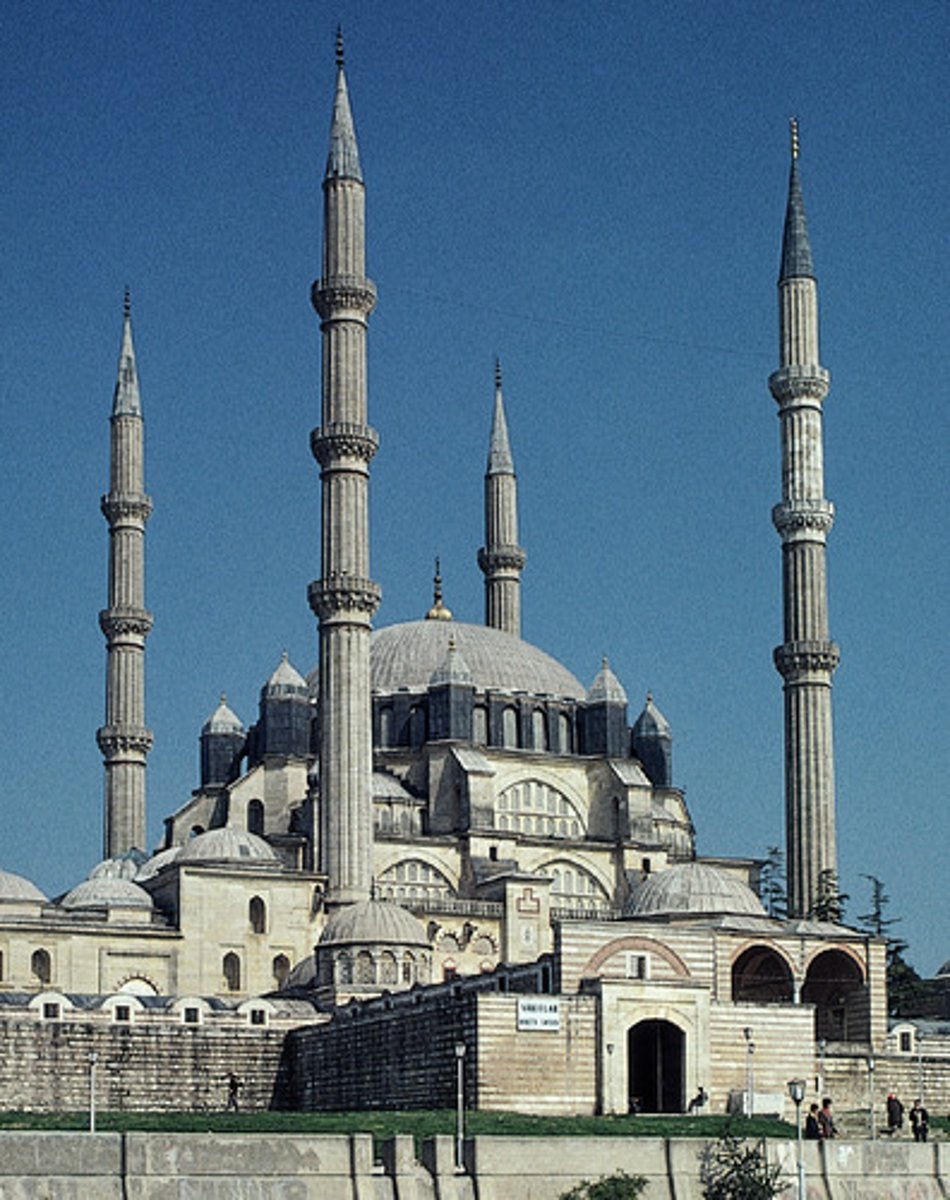Contributions of Islam to medical understanding: Medicine stands still, c1000-1500: History: GCSE (9:1)
1/11
There's no tags or description
Looks like no tags are added yet.
Name | Mastery | Learn | Test | Matching | Spaced |
|---|
No study sessions yet.
12 Terms
Islam
Is a monotheistic (single god) that teaches that Mohammad is the messenger of Allah (God)

Muslim
Someone who follows Islam and worships Allah
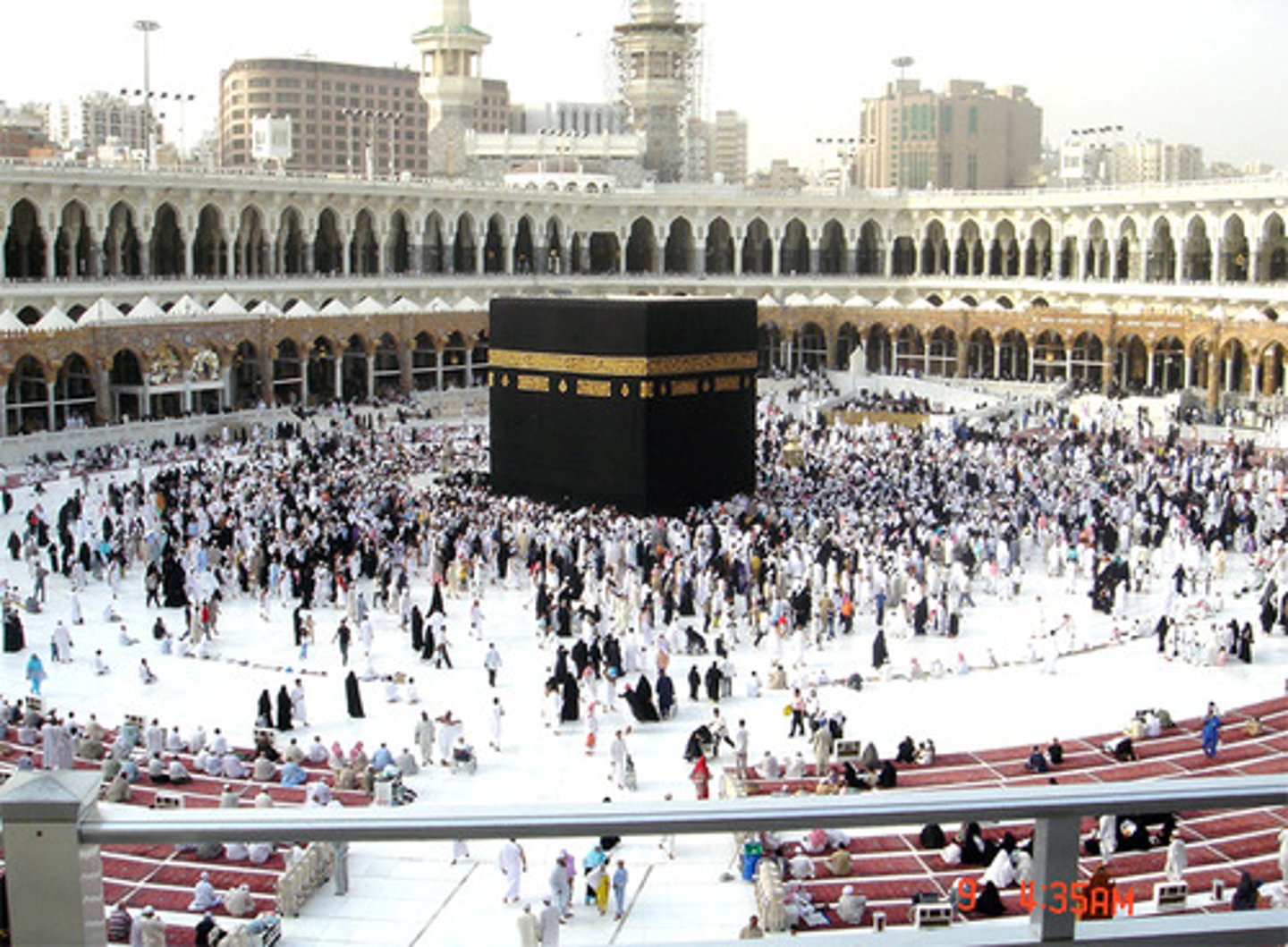
Prophet Muhammed
Seen as Allah's representative on earth in Islam. Related to medicine because in the Qur'an (Islamic bible) he wrote 'For every disease, Allah has given a cure' and many Islamic doctors saw it as their duty to find these cures.

Quran
The holy book of Islam (the equivalent of the bible)
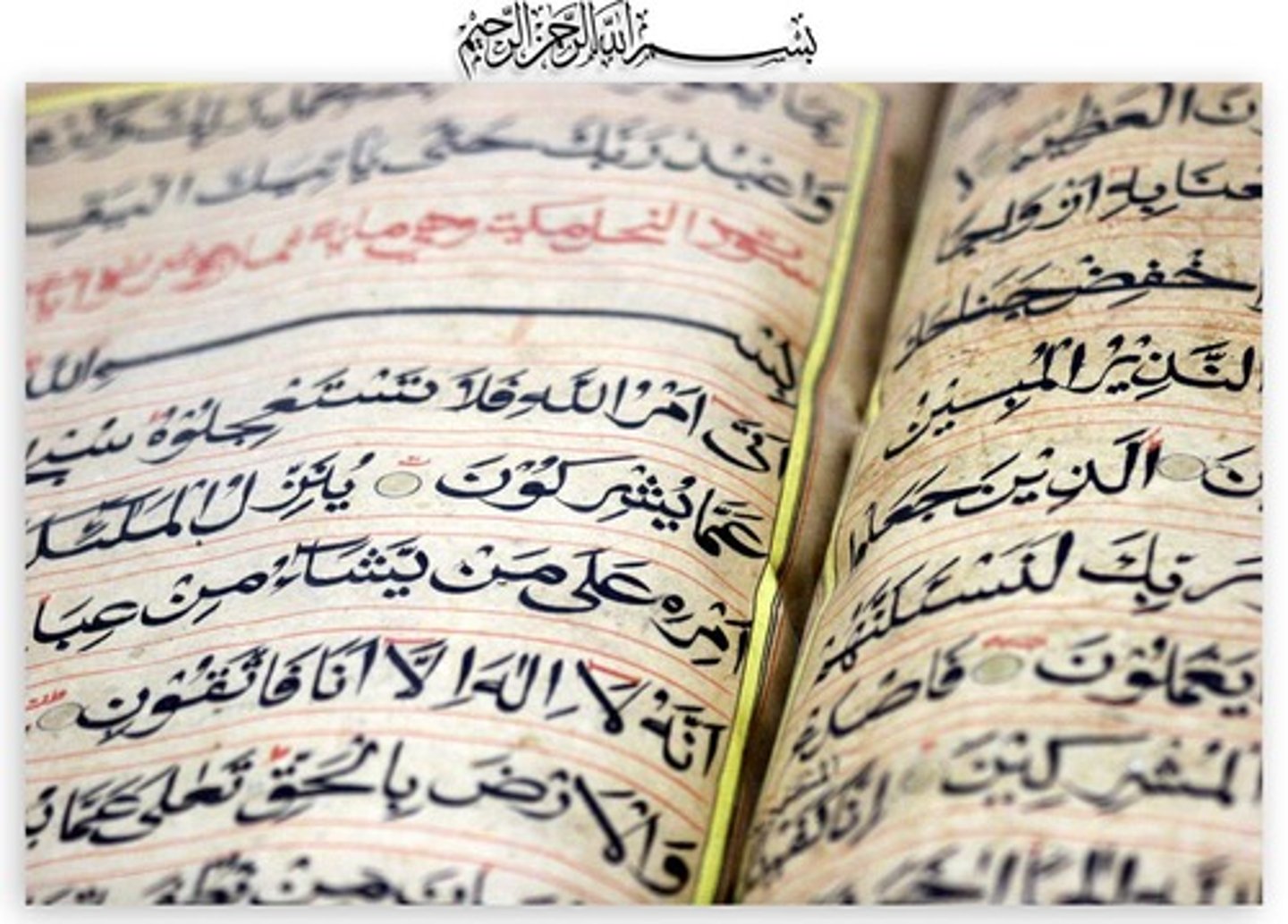
Avicienna / Avi Senna (980-1037)
An Arabic doctor who translated the works of Greece and Rome into Arabic, allowing Arabic doctors to understand Western Medicine. Also wrote the 'Book of Healing' and the 'Canon of Medicine', discovered 760 different drugs, and diagnosed the conditions of anorexia and obesity.
Rhazes (860-932)
An Influential Arabic doctor who wrote over 150 books, including the first known description of the symptoms of Smallpox and challenged the works of Galen in his book 'Doubts about Galen'
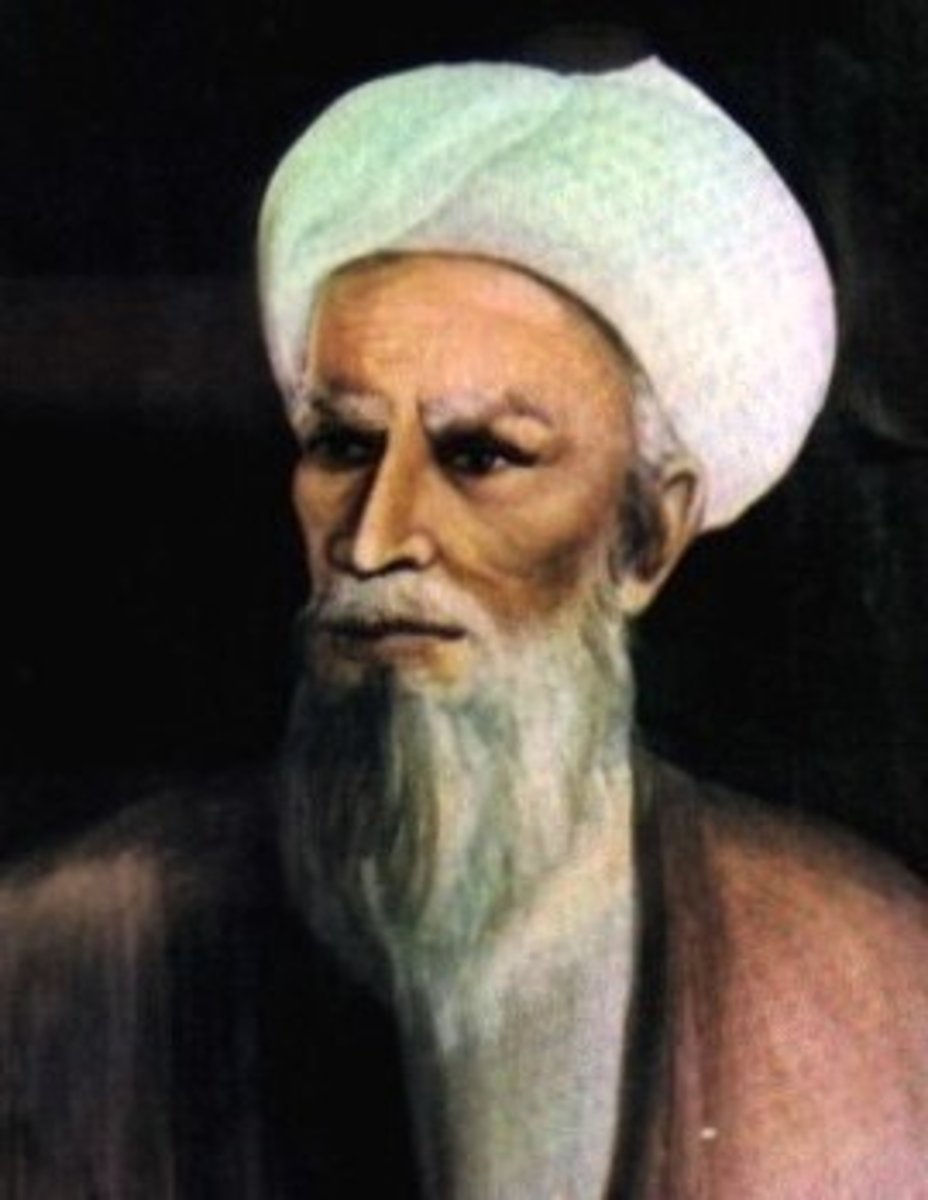
Crusades (1096-1270)
Holy wars were undertaken by European Christians to "free" the Holy Land from Muslim rule. The Crusades helped understanding of the anatomy
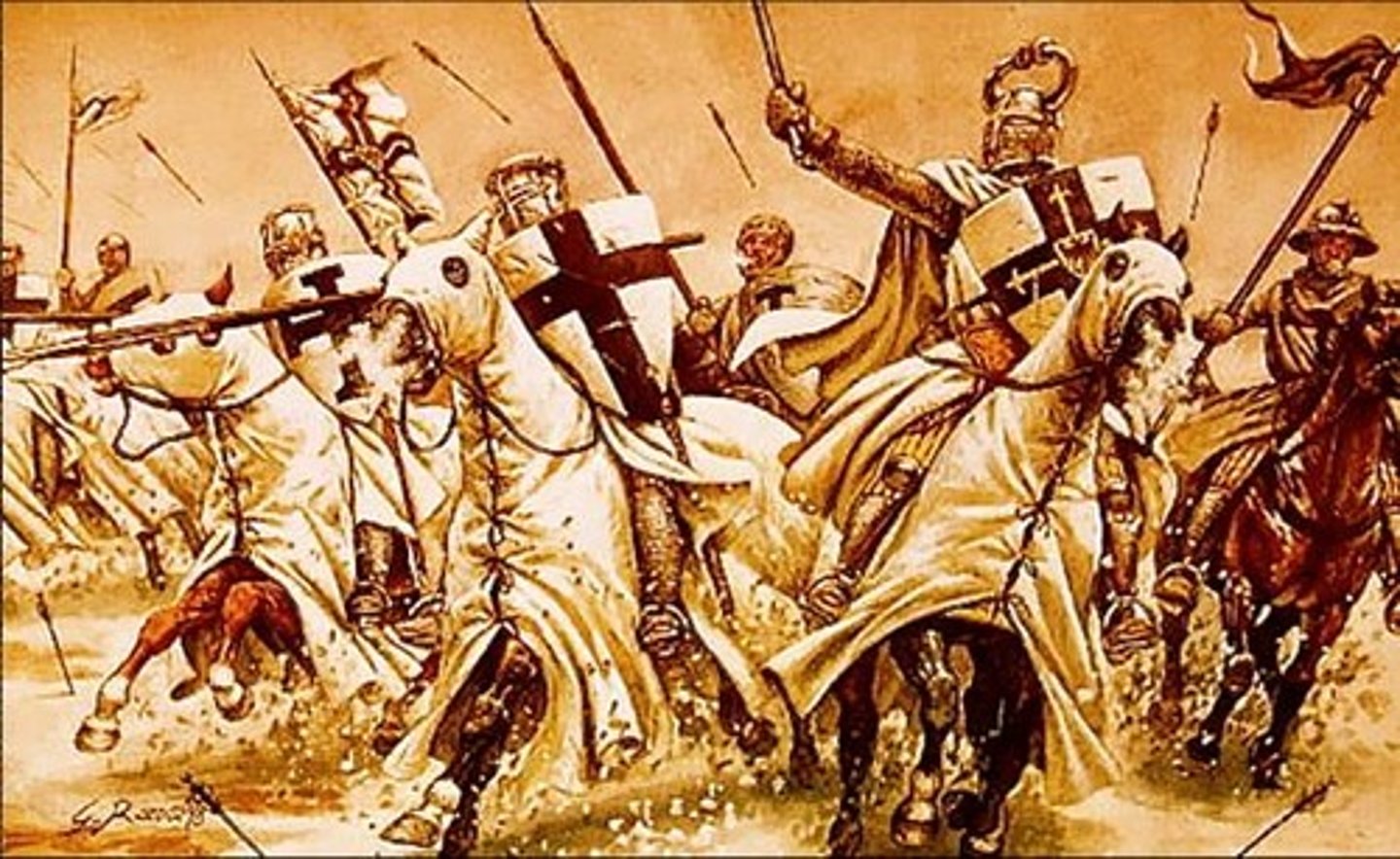
Ibn al-Nafis
In the 13th century, Ibn Al-Nafis claimed Galen was wrong thinking that blood was produced in the liver and that it fuelled the body. The thought (correctly) that blood passed through the heart via the lungs. However, Islam banned human dissection too, so he couldn't prove this until the 17th century, due to William Harvey's work
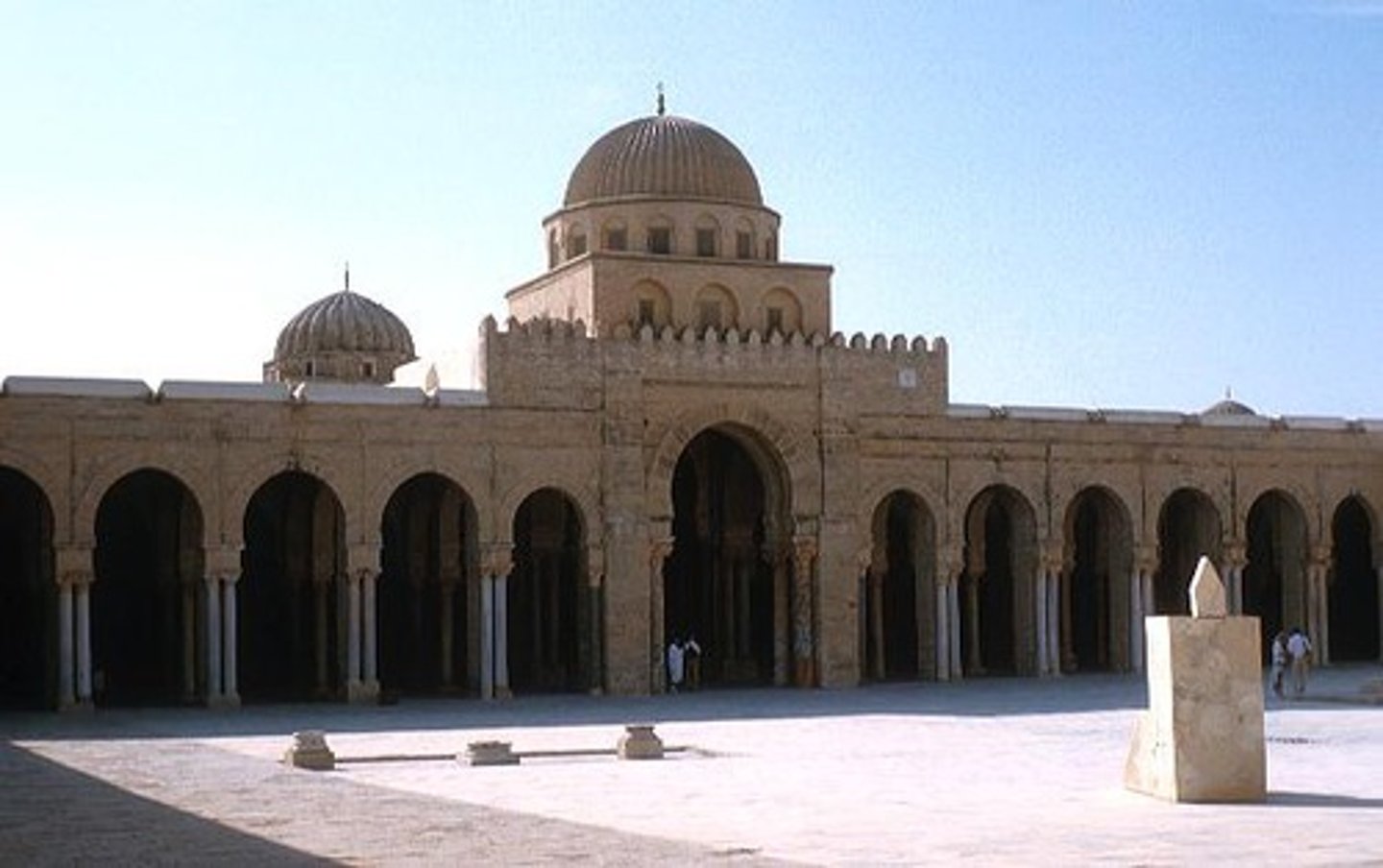
Communication void
When ideas were not spread easily. In the Medieval Era ideas from the Middle East didn't reach Britain due to lack of translation, no printing press and the restrictions of the Church

House of Wisdom
Otherwise known as the Grand Library of Baghdad (Iraq), it was the largest medical library in the world during the medieval era.
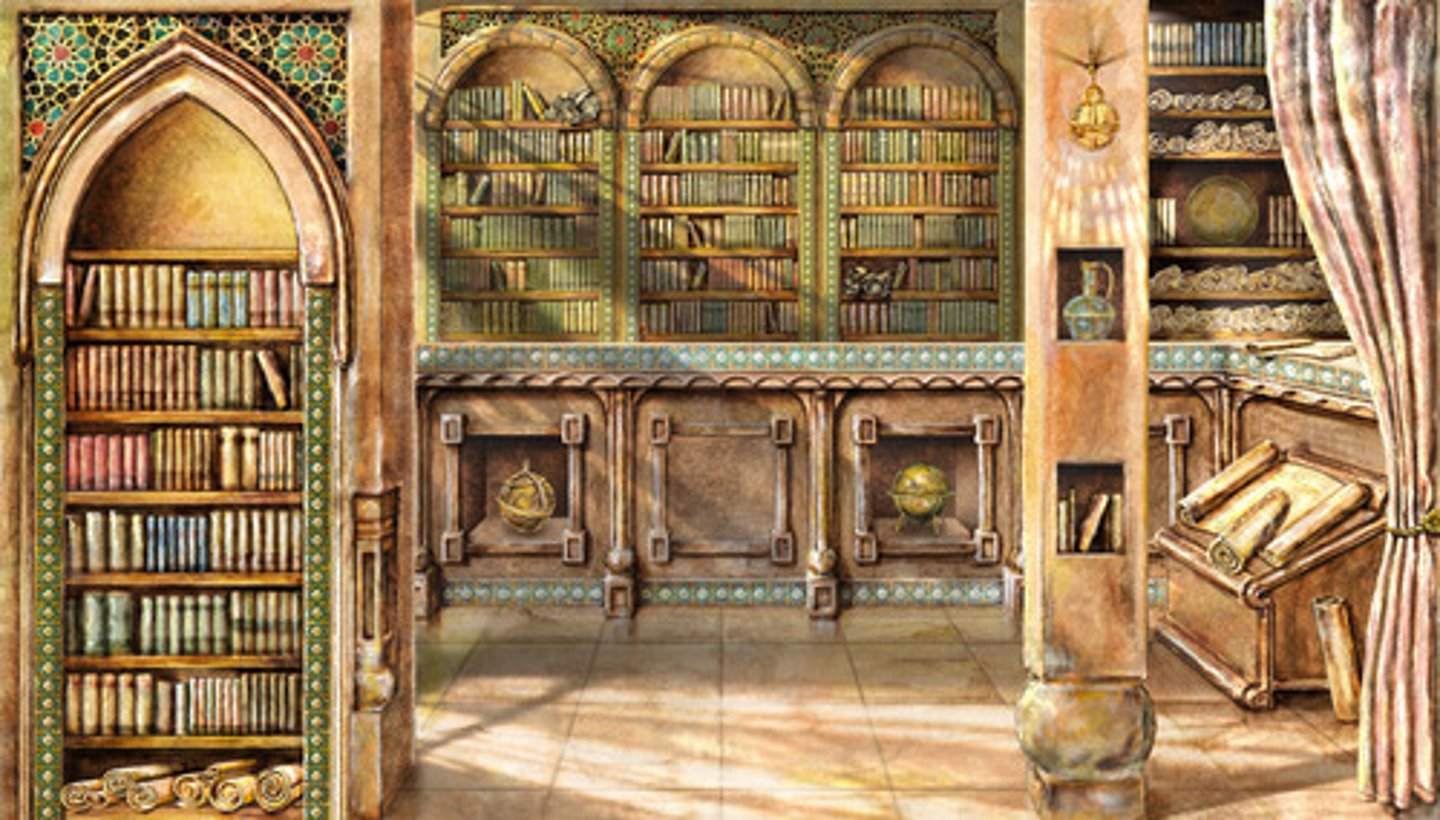
University of Padua and Bologna
The only medical universities where doctors from Christian countries may have come into contact with Islamic ideas
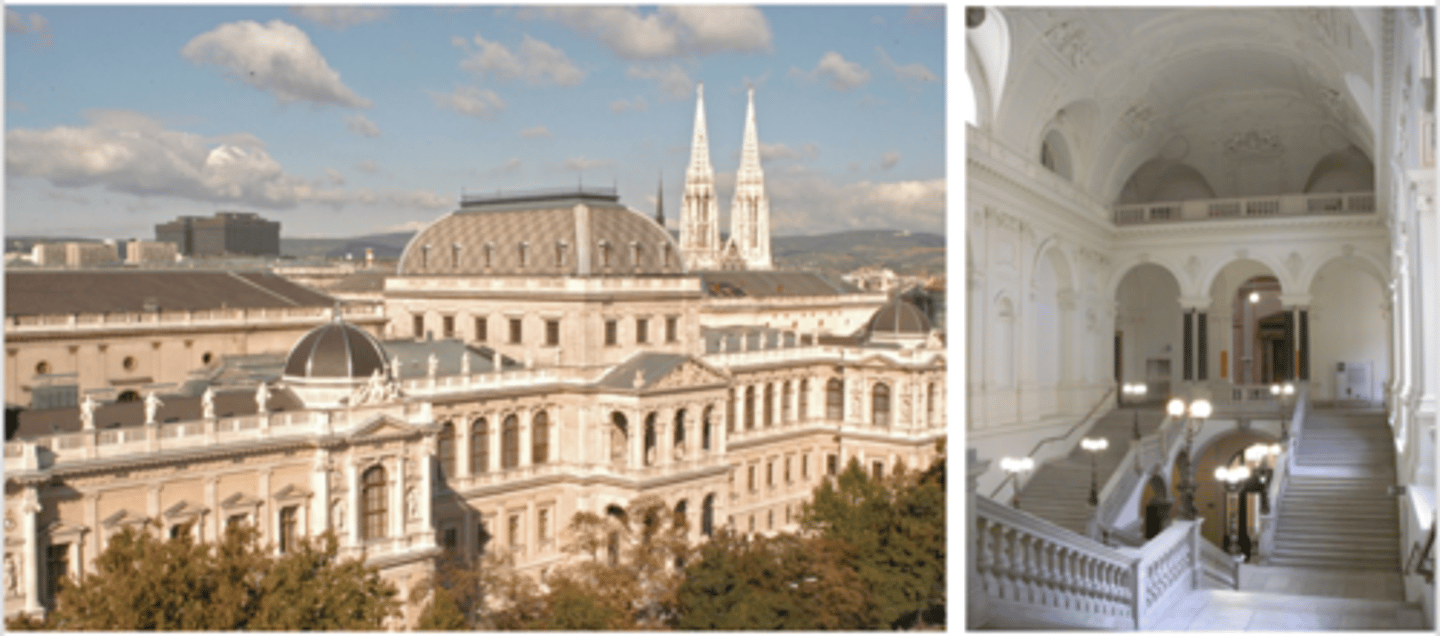
Islamic Hospitals
Were far more developed than Christian hospitals because they had pharmacies, lecture rooms, libraries and actively sought to treat patients as opposed to just care ie) they had isolation units for people with contagious illnesses
